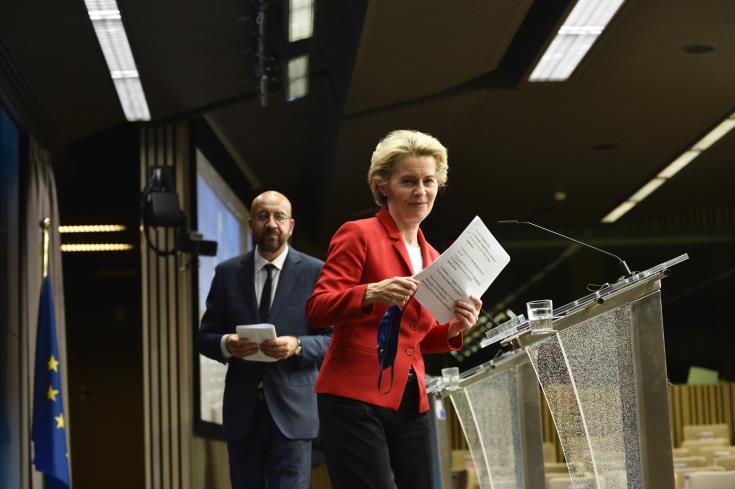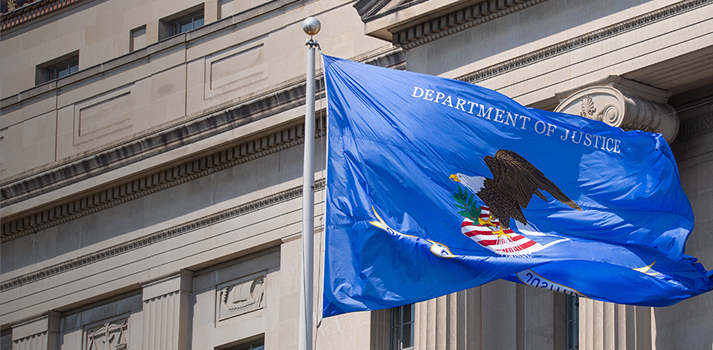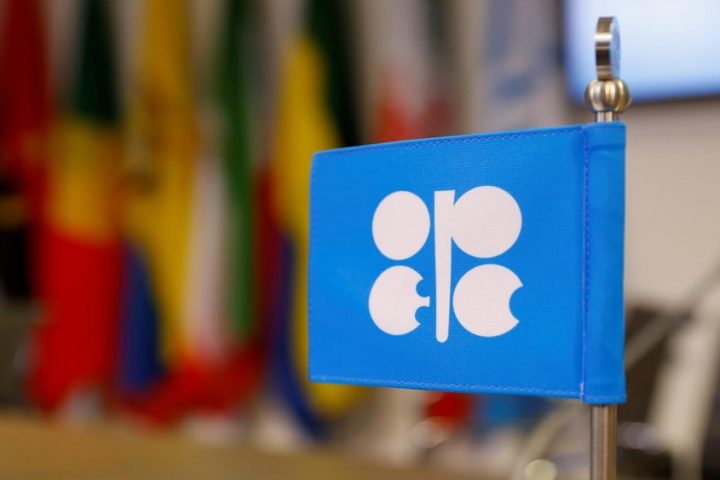A ban on Russian oil is included in the sixth EU package of tougher sanctions against Russia unveiled on Wednesday by European Commission President Ursula von der Leyen.
“This will be a complete import ban on all Russian oil, seaborne and pipeline, crude and refined.
“We will make sure that we phase out Russian oil in an orderly fashion, in a way that allows us and our partners to secure alternative supply routes and minimises the impact on global markets.
“This is why we will phase out Russian supply of crude oil within six months and refined products by the end of the year.”
The European Union’s executive proposed the toughest package of sanctions yet against Moscow for its war in Ukraine, but several countries worried about the impact of cutting off Russia’s oil imports stood in the way of agreement.
The sixth round of measures included sanctions on Russia’s top bank, a ban on Russian broadcasters from European airwaves, and an embargo on crude oil in six months.
The EU depends on Russian oil and gas and faces the task of finding alternatives when energy prices have surged.
A handful of Central European countries are concerned that the halt will come too soon for them to adapt, even though diplomats said Hungary and Slovakia would be given until the end of 2023.
Addressing the EP plenary in Strasbourg, von der Leyen detailed the contents of the sanctions package, which targets more Kremlin officials and Russian banks.
“Today, we are presenting the sixth package of sanctions.
“First, we are listing high-ranking military officers and other individuals who committed war crimes in Bucha and who are responsible for the inhuman siege of the city of Mariupol,” said von der Leyen.
The other major move is to de-SWIFT Sberbank, Russia’s largest bank, and two other major banks.
“This will solidify the complete isolation of the Russian financial sector from the global system.”
Another proposal bans three big Russian state-owned broadcasters from Europe’s airwaves.
“They will not be allowed to distribute their content anymore in the EU, in whatever shape or form, be it on cable, via satellite, on the internet or smartphone apps.”
She said these “TV channels act as mouthpieces for Putin’s lies and propaganda”.
Von der Leyen said the Kremlin relies on accountants, consultants and spin-doctors from Europe, “and this will now stop” as the EU is banning those services provided to Russian companies.
The Commission President also proposed to the plenary that Europe starts working on an ambitious recovery package for Ukrainians.
“This package should bring massive investment to meet the needs and the necessary reforms.”
Among other goals, von der Leyen said this would bring the stability and certainty needed to make Ukraine an attractive destination for foreign direct investment.
“And eventually, it will pave the way for Ukraine’s future inside the European Union.”










